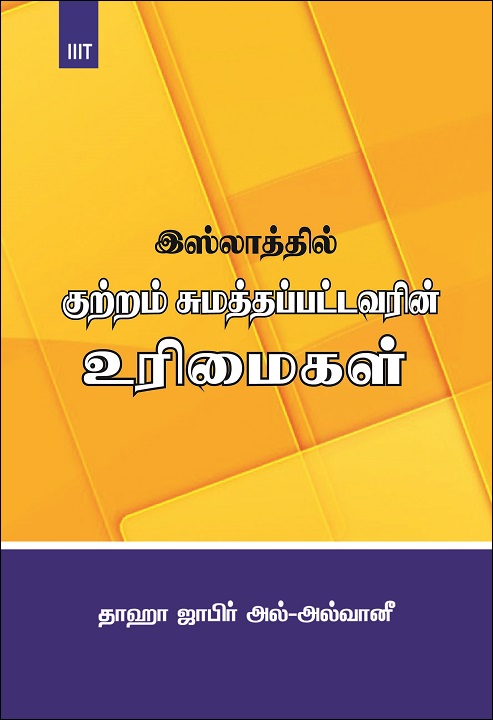
As a faith and a way of life, Islam includes among its most important objectives the realisation of justice and the eradication of injustice. Justice is an Islamic ideal under all circumstances and at all times. It is not to be affected by one's preferences or dislikes or by the existence (or absence) of ties of blood. Rather, it is a goal to be achieved and an ideal to be sought: "Surely, Allah commands justice and the doing of good" (Qur’an 16:90); "And I was commanded to deal justly between you" (42:15); and "Allow not your rancour for a people to cause you to deal unjustly. Be just, for that is closer to heeding" (5:8). There are also many hadiths in the Sunnah that command justice and prohibit wrong. Moreover, the achievement of justice is one of the objectives towards which human -nature inclines, while its opposite- injustice- is something that humans naturally abhor. Allah has ordained measures by which justice may be known and by which it may be distinguished from its opposite. He has clarified the means by which all people might achieve this objective, facilitated the ways by which it may be accomplished, and made dose ways (the most important of which is the institution of judgment, alqada') manifest to them. Allah prescribed the institution of legal judgment "that men may stand forth in justice" (57:25). This institution ensures that everything will be measured by the same criteria, which would make it impossible for one to be 1ln just to another's person or wealth. As a result, all people will live in the shade of peace and justice, where their rights are protected and where contentment envelops their hearts, souls, persons, honour, and wealth. Dr. Taha Jabir Al-Alwani (1935– 2016) was a graduate of Al-Azhar University and an internationally renowned scholar and expert in the fields of Islamic legal theory, jurisprudence (fiqh), and usul al-fiqh. He authored numerous works and was a member of the OIC Islamic Fiqh Academy, and President of Cordoba University in Ashburn, Virginia, United States. Keywords: sharia, islam, criminal investigation, incarceration, judges, state espionage, qur’an, judicial system, prisons, police, admission of guilt, duress, larceny, legal counsel, deceit, imams
